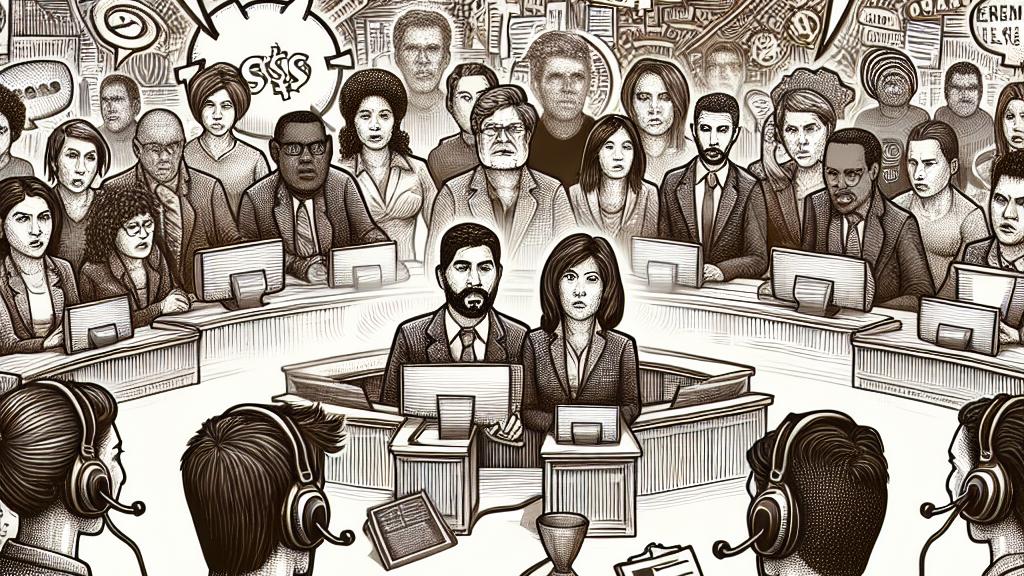Lawsuit Reveals Harassment Emails from Game Director
Overview
- Sony's shocking dismissal of a director stemmed from scandalous harassment emails.
- Barrett's messages contained invasive questions and unwanted advances.
- The ensuing lawsuit highlights critical issues of workplace harassment in the gaming industry.

The Alarming Allegations Against Christopher Barrett
In a stunning revelation that sent shockwaves through the gaming community, Christopher Barrett, a well-respected director at Bungie—famous for his leadership on iconic titles like Destiny and Halo—was accused of sending a series of harassment emails to female colleagues. These emails, which included inappropriate inquiries such as, 'Are you still in your pajamas?' and other suggestive comments, showcased not only a gross disrespect for professional boundaries but also highlighted the pervasive issue of sexual harassment within the gaming industry. This unsettling incident has ignited debates across social media platforms and forums, where fans and industry insiders are calling for urgent reforms and accountability in workplaces that have long tolerated such behavior.
The Broader Impact of Harassment on Workplace Culture
Harassment doesn't just affect individuals; it creates a toxic atmosphere that pervades entire workplaces, diminishing morale and productivity. A recent study revealed that nearly 44% of employees have experienced harassment, which leads to dire consequences. For instance, consider an employee who feels uncomfortable and unsafe: they might disengage from team activities, hinder collaboration, or even opt to leave the company altogether. Moreover, the lingering aftereffects of such experiences can contribute to mental health struggles, as employees grapple with feelings of isolation and fear. This can escalate into higher turnover rates, which costs organizations not only financially but also depletes their talent pool. Hence, addressing these issues isn’t merely a moral obligation; it's a strategic imperative for businesses that aspire to thrive.
Navigating Legal Battles and Corporate Responsiveness
As Barrett's lawsuit unfolds, alleging wrongful termination while claiming that Sony acted out of financial motives, it offers an illuminating perspective on corporate accountability and the intricacies of workplace harassment. The legal battle emphasizes the necessity for companies to implement comprehensive training programs and robust reporting systems. For instance, organizations can educate employees about acceptable communication and create clear processes for reporting harassment without fear of retaliation. Building such a transparent culture can empower employees to speak out, knowing they will be heard and supported. Ultimately, this not only preserves the integrity of the workplace but also enhances its reputation, showcasing a commitment to respect and ethical behavior.

Loading...